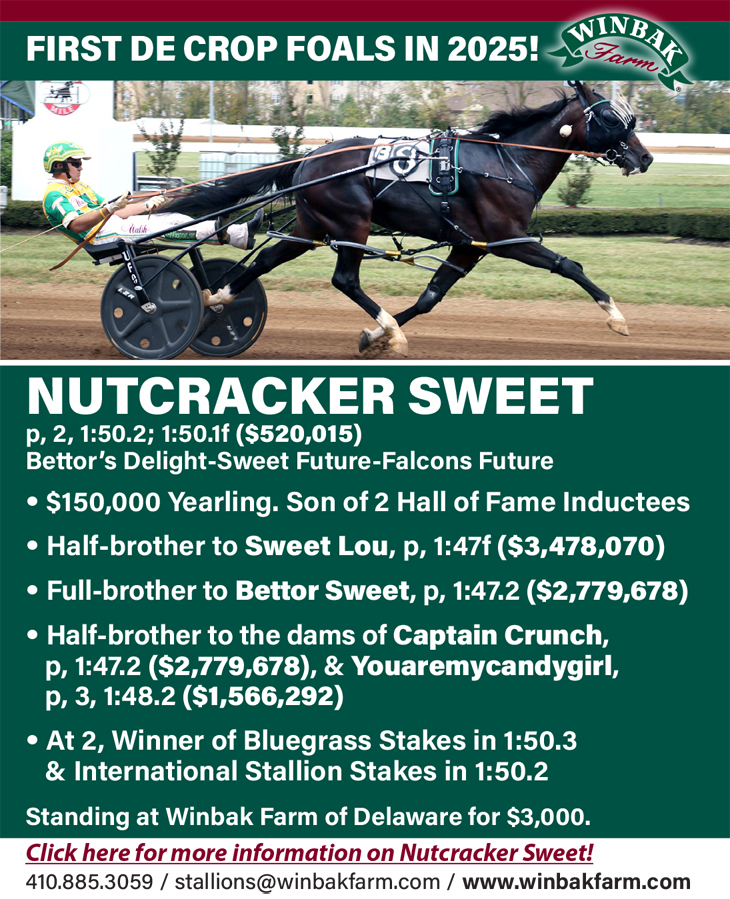
Three myths about modern racing
Breaking out of an established belief system is difficult. But we can’t solve our problems with the same level of thinking that created them.
by Dean Towers
I had a fun time watching the Circles Off podcast last week. The popular pod, focused primarily on sports betting, branched into the world of pari-mutuel horse racing for the first time, via a Rob Pizzola interview with professional horseplayer Dennis Montoro.
While watching, I was struck by just how many of the criticisms we hear from those inside the sport of horse racing differ from those outside of it. In some cases, in fact, the reality can be the polar opposite when compared to the vernacular.
Please allow me to share but three.
MYTH 1 – HORSE RACING CAN NEVER COMPETE WITH SPORTS BETTING
Yes, examining this when considering pricing (takeout) alone, it might not be a myth, but outside of that, I think it absolutely is.
Host Rob Pizzola laid this case out beautifully in a question regarding what many in Generation Z are after – lots of action and betting a little to win a lot, like we see today in sports betting with “same game parlays.”
We, as a matter of course, can bet 20 cent supers that can pay 5000-1. We can parlay six races for $24 that can yield $100,000 in a Pick-6. We can do this almost 24/7 at tracks around the entire planet.
Selling this betting game to sports bettors who have signalled it’s exactly what they’re after seems to be an afterthought from racing’s brain trust. Montoro believes the industry is not set up correctly to market this way, and he’s probably right.
Regardless, giving sports bettors the avenues, ease of access and tools they can use to enjoy this pursuit is sorely needed, in my view.
MYTH 2 – NO ONE CARES ABOUT TAKEOUT
We’ve all heard a horse racing executive say, “I walk the grandstand and no one is talking about the takeout.”
In terms of cohort analysis this is like asking people standing in line for Dave Matthews tickets if they like Dave Matthews.
Sure, the lifer in the grandstand betting four-horse tri boxes into six-horse fields doesn’t care about takeout, but for people trying to beat the game (and those the sport needs to attract to survive) it’s everything.
Montoro explores this several times in the podcast, and frankly at this point I don’t think it’s even debatable. Computer Assisted Wagering teams only exist because the takeout is too high; Montoro’s betting volume is directly correlated to the takeout rate. In fact, he notes he might not even be wagering millions a year into the betting pools without a rebate.
Even if we believe Montoro is completely out to lunch, how does anyone explain the massive popularity of carryover pools, which are in its simplest terms a takeout reduction?
This myth hangs on like a sloth in a tree, but if the business could ever kill it once and for all, I think only opportunity awaits.
MYTH 3 – THERE’S TOO MUCH TIME BETWEEN RACES
This is something we hear from racing insiders (and some fans), but once again, I think it comes from speaking with the wrong people.
Rob Pizzola noted this in a comment about how (during the few times) he’s visited a racetrack it’s not at all boring, because it’s filled with “short-burst action.” At the track we can watch a race live, but immediately bet another half-dozen races before the next race goes off simply by watching a television at our table.
This is a not dissimilar experience for thousands and thousands of people betting upwards of 95 per cent of the pool volume in North America. We can bet a race virtually every few minutes while at home on our ADWs, and as a player that plays three or four tracks at a time, I find there can be too little time between races not too much. Like many of us, I will often miss a post time, or am unable to create a proper ticket because I run out of time.
Like with the takeout myth, there is some truth to it (we can take a nap between races on Kentucky Derby Day) but it mainly applies to a slice of the customer base – for example, those visiting the track for a night out. I think it’s great that the employees of Bill’s Plumbing and Heating are at the track, but it’s important to remember that they aren’t firing into the Pick-5 carryover at Monticello tomorrow.
In the end, to whatever extent this is considered a problem, it’s one for the customer service people to figure out. Fixing it by changing the entire post-time landscape in a multi-billion-dollar global betting business feels misguided.
Albert Einstein famously said, “We cannot solve our problems with the same level of thinking that created them.”
Revisiting this sport’s long-held beliefs is not a criticism or a gripe, nor is it something we should do behind the barn, or be scared to speak of. Challenging convention can springboard new levels of thinking, and that’s when problems can be solved, doors can be opened, and things can get better.












